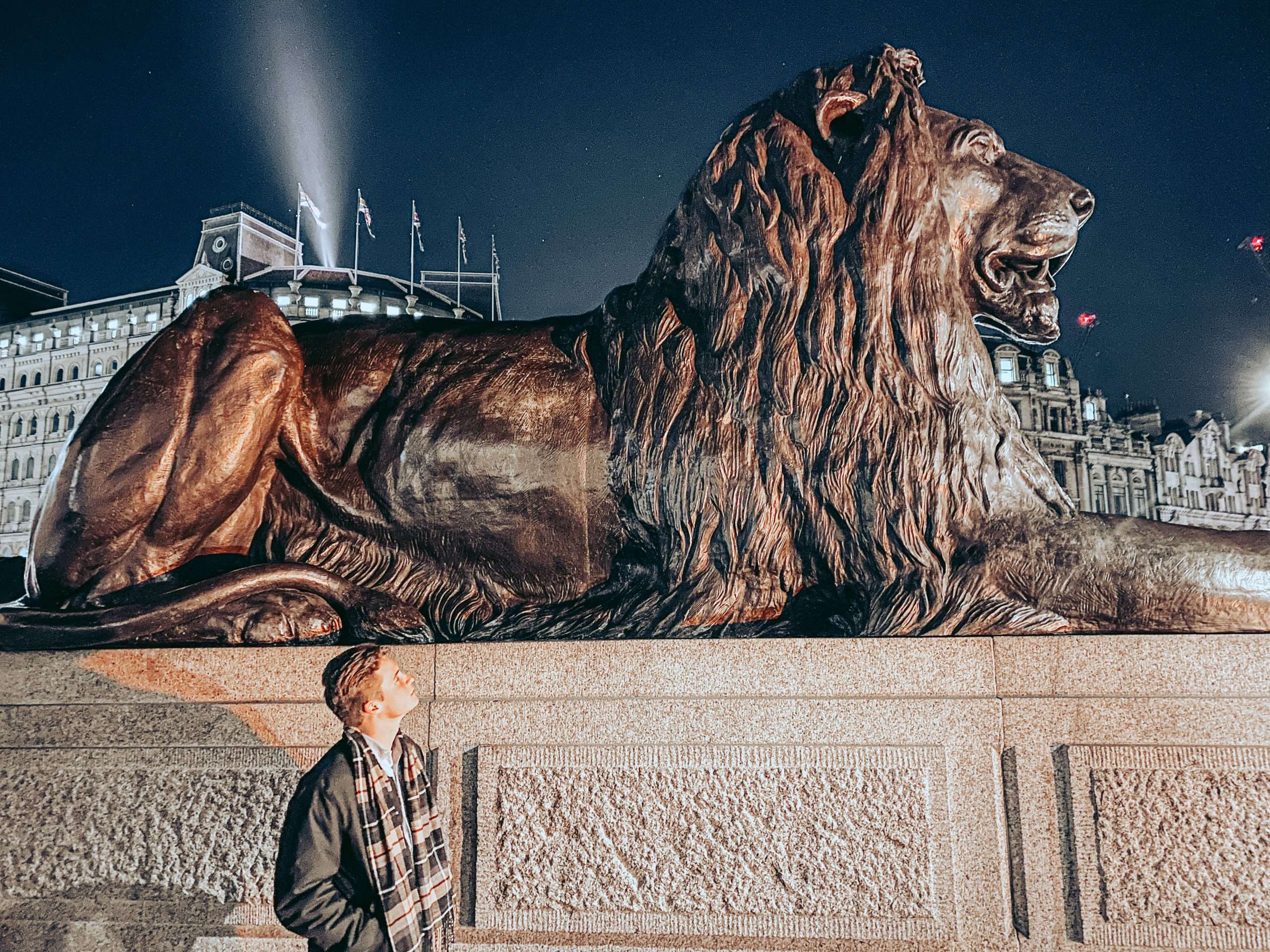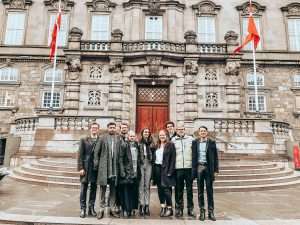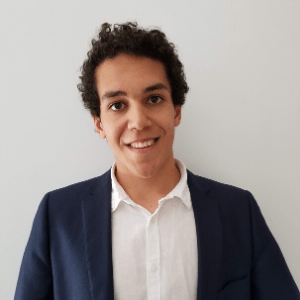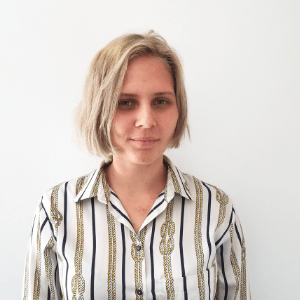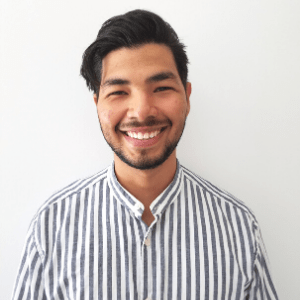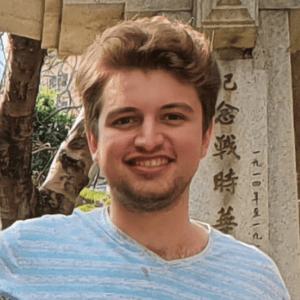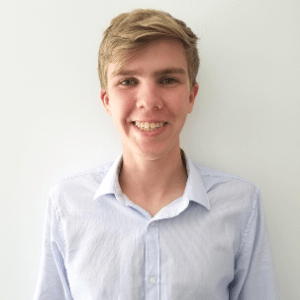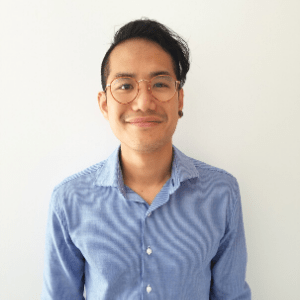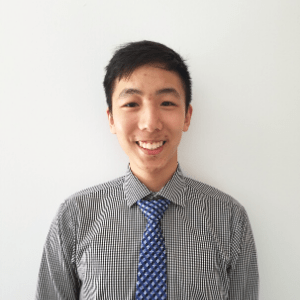Our second week in London kicked off with a train journey to Andover, a small town located in Hampshire, west of London. We had been invited to lunch by Sarah Basden, daughter of Mannkal founder Ron Manners. Upon arrival, Sarah welcomed us with a drink and a tour of the farmhouse which she now calls home. It was incredibly interesting to find out that the very house we would dine in used to be occupied by author Jane Austen, who is believed to have drawn influence for Pride and Prejudice based on her experiences there.
Over lunch, Sarah and senior figures of the local community spoke about the importance of community spirit as a vehicle to minimising the intervention and overreach of the state. For example, many locals in Andover will provide warm meals and conversation when needed by a fellow resident, such as when they are recovering from a medical procedure. It was incredibly interesting to hear how the Andover community has become self-sustainable through simply supporting one another on a personal level, echoing sentiments of libertarianism and the importance of reducing the control of the public sector.
Before heading home, we capitalised on the scenery by snapping a bunch of pictures, all of which included somebody holding a cup of tea as a means of channelling Jane Austen vibes.
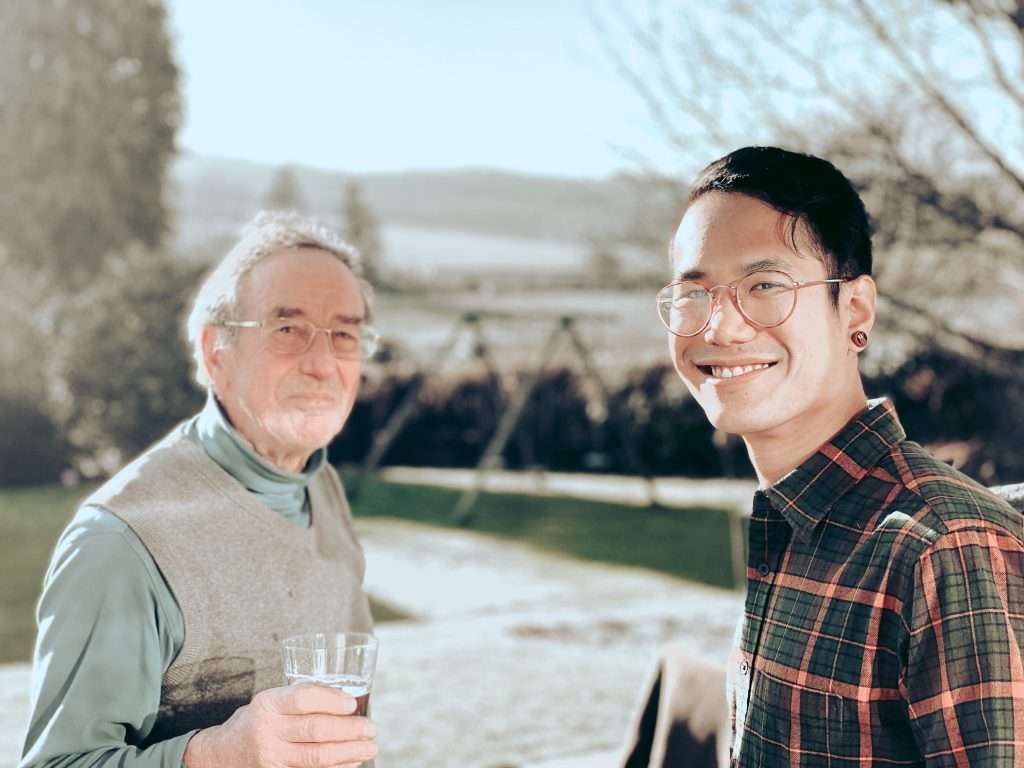
The theme of freedom continued into Wednesday as we ventured to the South Bank Investment Research Centre (SBIRC). We heard from Nick Hubble, editor of South Bank Investment Daily, a publication produced by the SBIRC.
Nick spoke about the why the European currency system is bound to fail, anarcho-capitalism and how to get a free house, the latter of which is achieved through mortgage fraud! We were also fortunate to engage in a question and answer session with Tim Price, founder of Price Value Partners, an asset management company.
Tim explained the concept of defensive investing and the importance of diversifying your portfolio. Undoubtedly, many of us walked away wanting to purchase our first stocks from the Australian Stock Exchange!

We continued to dabble in the world of politics and economics at ESCP Business School the next day. Professor Anthony Evans enlightened us on the concept of stagnation as a period of prolonged period of slow economic growth. He was not so optimistic about our future, predicting economies will stagnate even further than what we see now – to as low as 1% or 2% growth per year. That is, unless there is another revolutionary development in technology. Not many life-changing inventions were introduced from the 90s to now apart from genetically modified organisms (GMOs) and computers. We better start innovating! The bright side is that living standards should continue to rise. Income gaps are increasing, but poverty overall is decreasing.
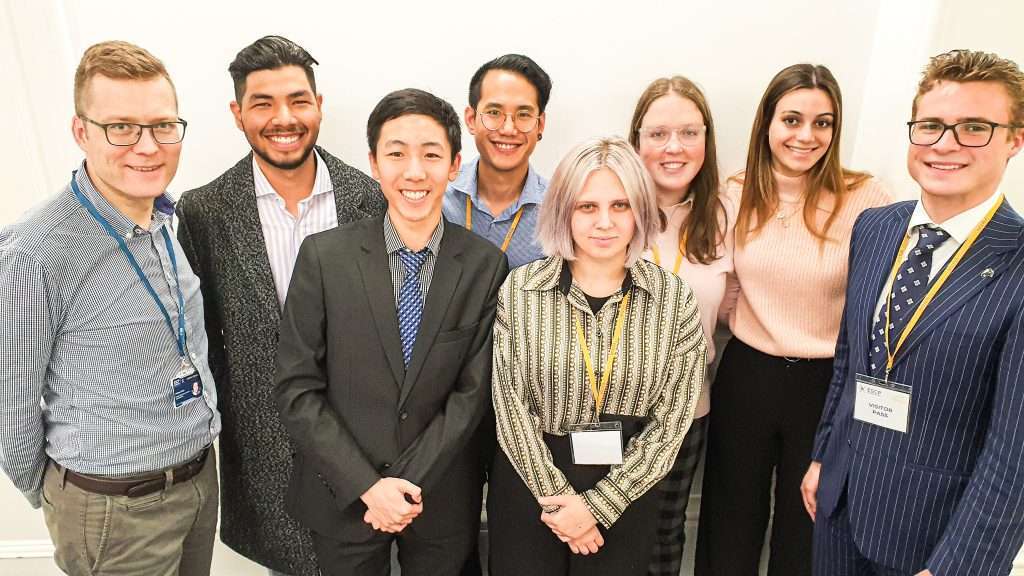
Anthony spoke of socialism once again rearing its ugly head. He explained it’s limitations in terms of the ‘calculation problem’. Without private property there is no economic exchange, with no exchange there are no prices. An example is the Soviet Union’s Aral Sea disaster. The inland water body was pumped dry as there were no price signals to allocate resources efficiently.
Our visit to the ESCP Business School concluded our academic adventure in London. Some of us took the opportunity to take a culinary adventure at Dishoom – London’s best chain of Indian restaurants. Suffice to say, the delicious food justified the 2 hour wait time!
On, Friday we got some much needed rest before leaving to cosy Copenhagen.

